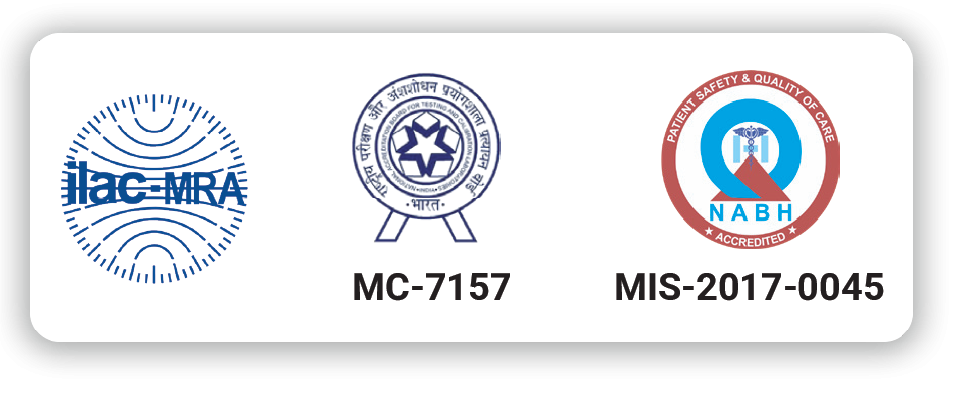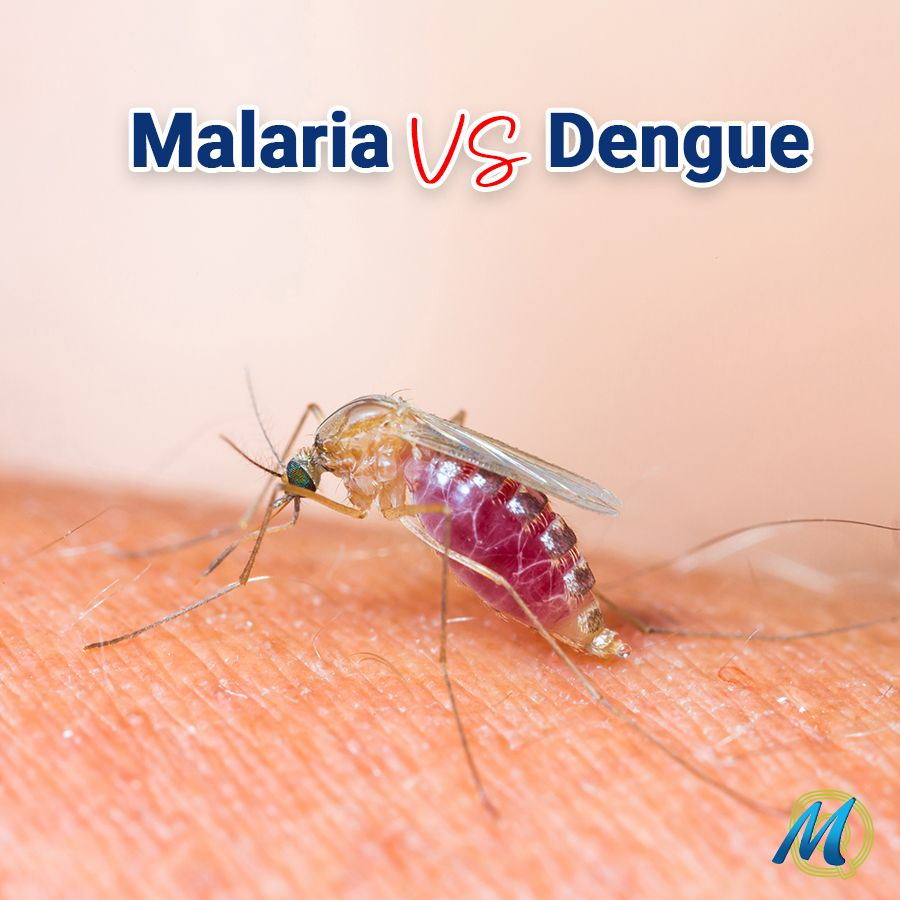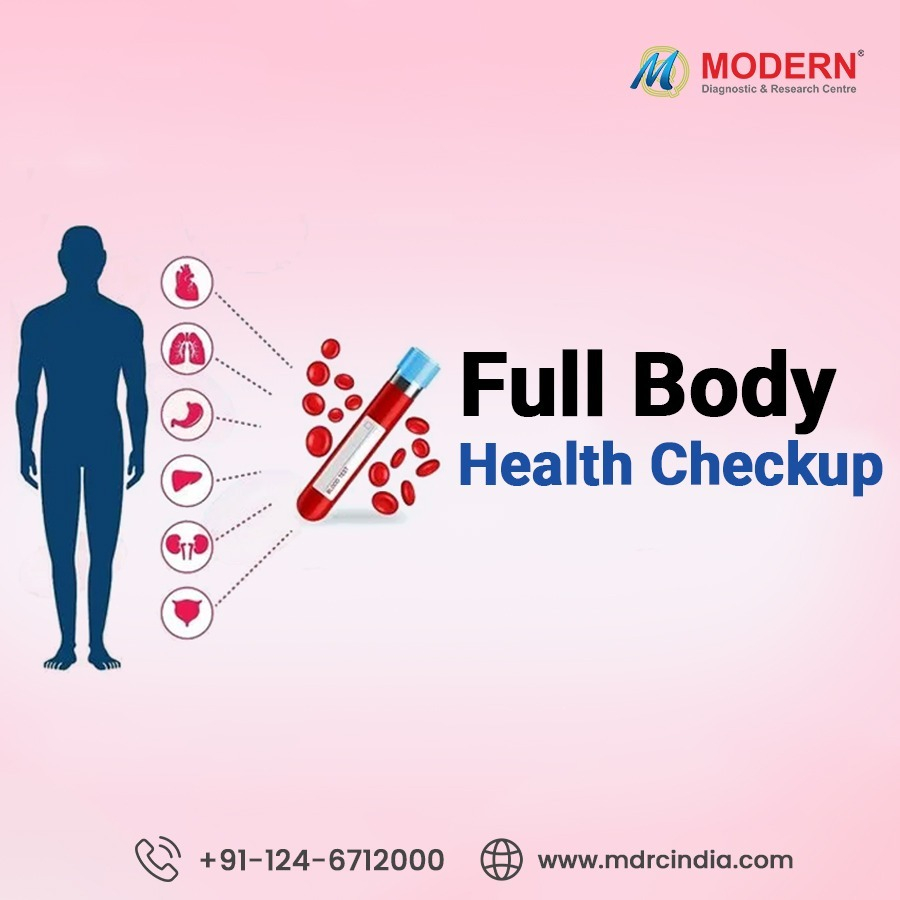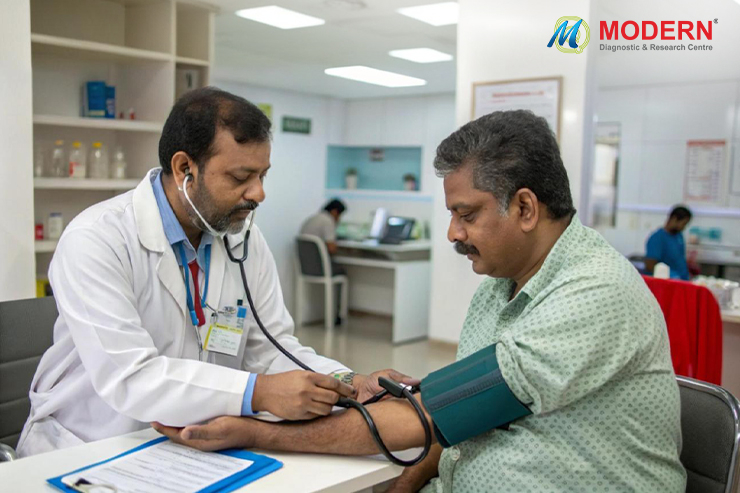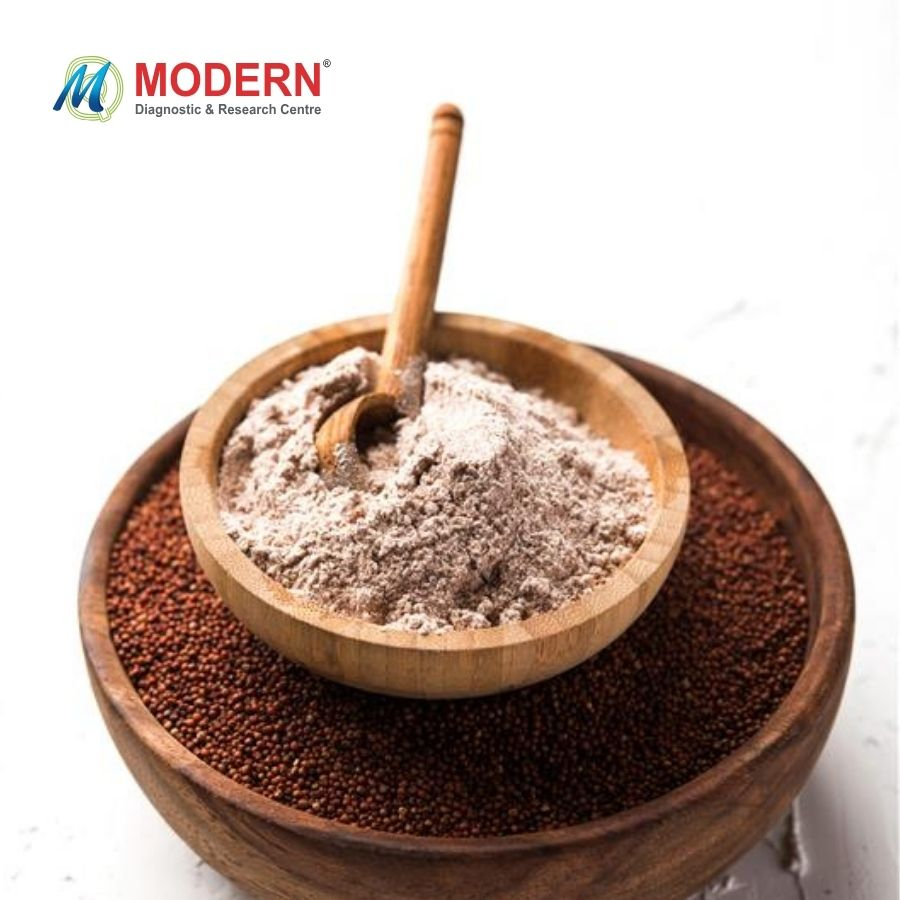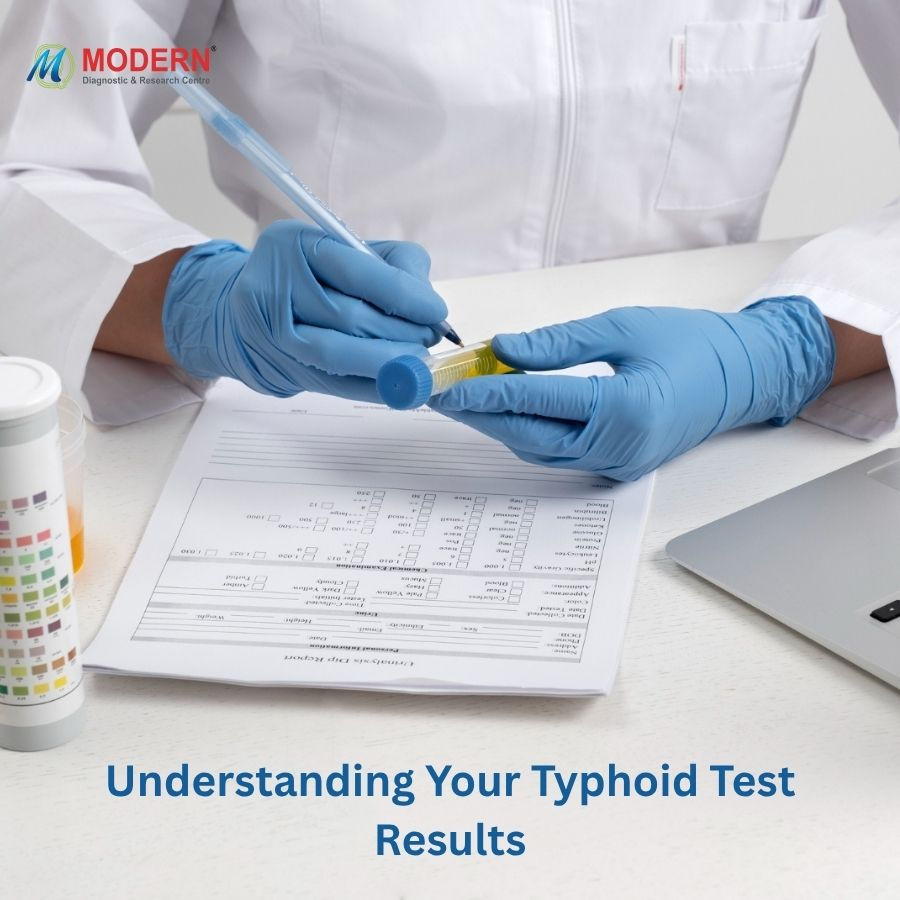Monsoons came as a boon to north India, especially to cities like Delhi and Gurgaon, where the mercury reached as high as 50 °C during peak summer. Monsoon brings relief from scorching heat, but this relief also comes with a price. The monsoon season sees a surge in mosquito-borne illness. The common monsoon diseases that hit the national capital are Dengue and Malaria. People often get confused about the early symptoms of these diseases or don’t take them seriously, thinking these symptoms are due to the change in weather, only to regret it later.
It is important to differentiate between the symptoms of these diseases and get diagnosed in the initial stage for a better and quicker recovery. On the outer surface, the symptoms of mosquito-borne illness are somewhat similar to the common symptoms of high fever, nausea, vomiting, diarrhea, and muscle pain.
Overview of Malaria:
Malaria is one such disease, if left untreated for a long time can be life-threatening. Malaria spreads when you’re bitten by a mosquito infected with Plasmodium parasites. The mosquito injects malaria parasites into your bloodstream. This disease is common in hot, humid, and tropical areas, with most cases occurring in Africa and South Asia. Delaying the treatment of malaria can cause brain damage, organ failure, and death.
Symptoms of malaria include:
- Fever and sweating
- Chills
- Headaches
- Fatigue
- Chest pain
- Cough and diarrhea
- Nausea and vomiting
- Seizures
In severe cases, as malaria gets worse, it can cause anemia and jaundice. The Plasmodium parasite causes malaria. When an Anopheles mosquito bites an infected person, it carries the parasite. Biting a healthy person, that mosquito transfers the parasite into the bloodstream. There, the parasite multiplies.
Overview of Dengue:
Dengue is also an illness; you can get it from the bites of the Aedes mosquitoes that carry one of four types of dengue virus (DENV). These viruses are common in the tropical and sub-tropical regions of Central and South America, Africa, and South Asia (Indian Subcontinent).
The common difference between Dengue and Malaria is that Dengue is not as contagious as malaria. The only exception is getting passed from a pregnant woman to their child. Symptoms of dengue are mild in the first infection, but they become severe during the second infection with another type of virus. A study shows that roughly 400 million people get infected with dengue each year, but most (around 80%) have no symptoms.
Signs and symptoms of dengue, along with a high fever, include:
- Rash
- Intense pain behind your eyes
- Nausea and vomiting
- Muscle, bone, and joint pain.
Dengue symptoms may appear 4 to 10 days after the mosquito bite and can last up to three to seven days.
Difference between Malaria and Dengue Symptoms:
Seasonal changes, monsoons, and the accumulation of water provide a fertile breeding season for mosquitoes like Aedes and Anopheles. These mosquitoes cause the two most common diseases of the monsoon, Dengue and Malaria, respectively. These mosquitoes flourished in the hot and humid conditions of the monsoon in India. A study suggests that India contributes a huge section of these diseases globally, with 34% of total dengue cases and 3% of malaria cases.
While Dengue and malaria have some common symptoms, there are some fundamental differences between Malaria and Dengue. Here, we will discuss the difference between Malaria and Dengue Symptoms.
|
Features |
Dengue |
Malaria |
|
Fever pattern |
Sudden, high, continuous |
Cyclical (every 48-72) |
|
chills |
Rare |
Common, with sweating |
|
Rash |
Common |
Rare |
|
Headache |
Behind eyes |
General |
|
Vomiting/Diarrhea |
Sometimes |
More common in falciparum |
|
Platelet count drop |
Yes |
Not typical |
Diagnostic Differences between Malaria and Dengue:
Dengue test types:
NS1 test: The NS1 test is used to detect the presence of NS1 protein in the bloodstream. This is a non-structural protein produced by the dengue virus in the early days of the infection.
IgM test: Unlike the NS1 test, the IgM test detects IgM antibodies produced by your body in response to dengue viruses that have entered your body. This antibody appears in the blood within the early days of infection.
IgG test: This is a dengue blood test, often performed along with the IgM test. This test helps determine if the infection is recent or past. The IgG test detects the antibodies released by the body for past infection with the dengue virus.
Complete Blood Count test: A CBC test is often used to monitor the recovery or treatment strategy of dengue infection, as it does not detect the dengue virus itself. CBC helps with platelets and white blood cell (WBC) count, which often decreases in dengue.
Malaria test types:
Peripheral Blood Smear: This is a microscopic test used to diagnose Malaria. Unlike other blood tests, your provider uses this test to examine your red blood cells, white blood cells, and platelets under the microscope.
Rapid Antigen Test: A rapid antigen test for Malaria is used to detect malaria antigen in the bloodstream, which is proof that the parasite is present in your body. Rapid Antigen Test is also known as Rapid Diagnostic Test (RDT) in common language.
Get the right Malaria test in Gurgaon:
In general, any symptoms of disease should not be ignored, but people often overlook signs during the monsoon season, attributing them to weather changes or viral fever. Ignoring malaria symptoms can be fatal. At our Modern Diagnostic Research Center (MDRC), we have been a trusted healthcare partner for years, ensuring the well-being of the people in Gurgaon through accurate and timely diagnostic services.
When it comes to malaria tests in Gurgaon, people consistently rely on our lab because of the trust we've built with precise reports and faster turnaround times compared to others in the region.
We offer 24×7 testing support, backed by a dedicated team that ensures you receive your results as early as possible. If you're experiencing symptoms of malaria, book your test with us now for fast, reliable, and trustworthy results.
Conclusion:
Ignoring any symptoms or taking them lightly is like playing with your own life. Malaria and Dengue are common diseases in India during the monsoon season. The hot and humid conditions of the monsoon favor the rapid growth of mosquitoes that carry the Dengue and Malaria parasites. If the symptoms appear, you should get a test immediately to ensure your health and avoid future regrets.


